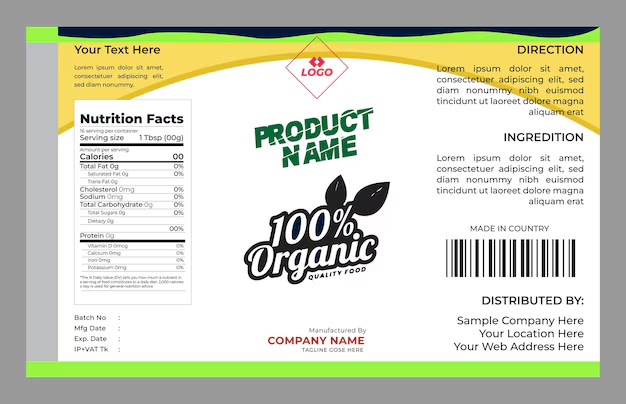Manufacturer Responsibilities
To ensure transparency and scientific accuracy, WHO advises manufacturers to have all health claims independently reviewed by scientific experts. This process ensures that claims are truthful, evidence-based, and not misleading.






